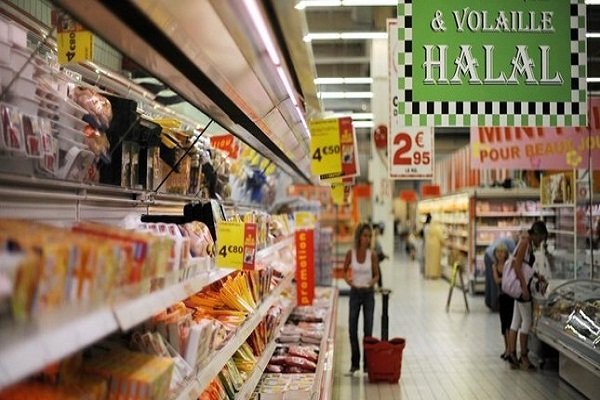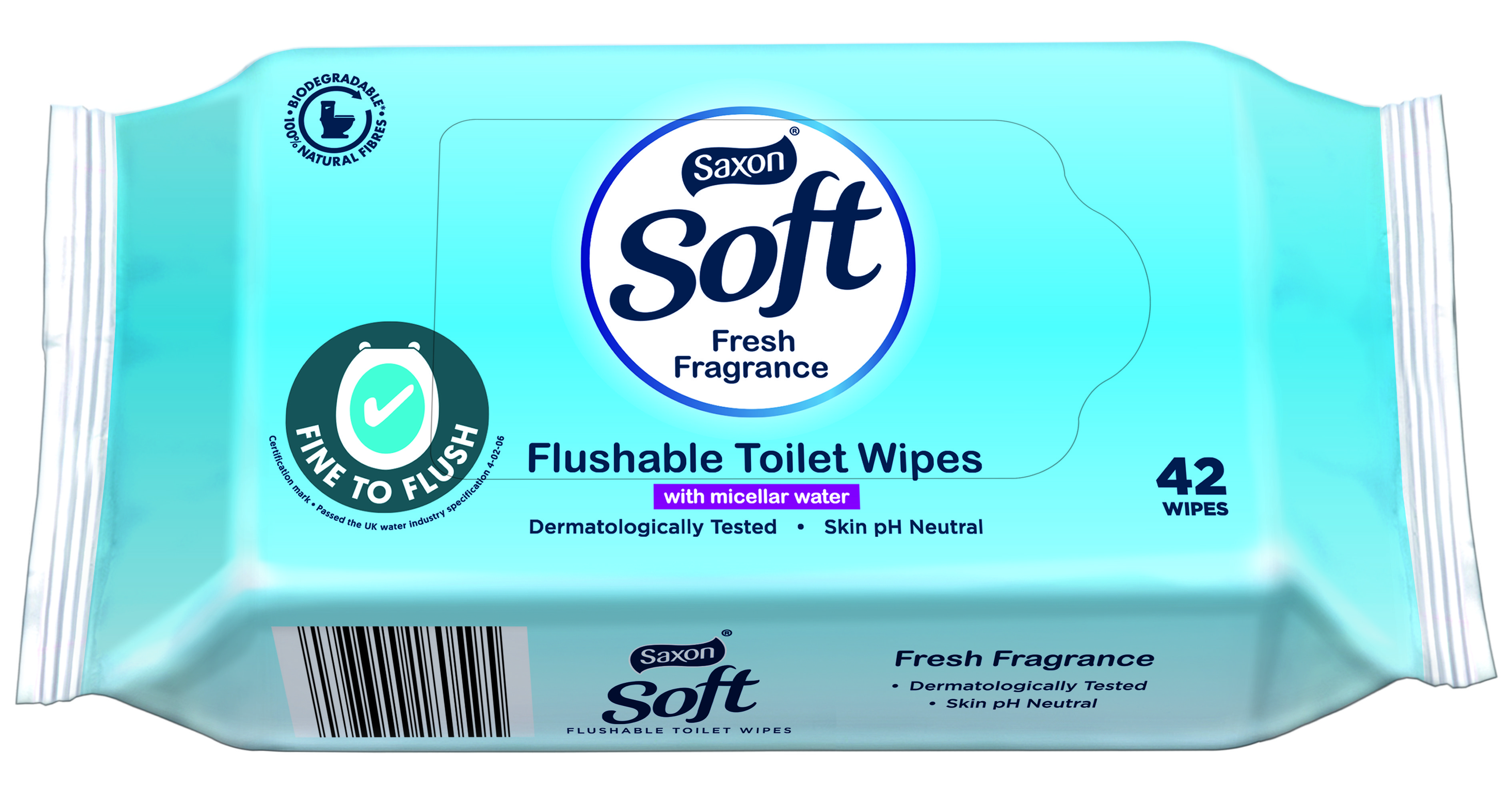Brands’ approach to advertising during the coronavirus pandemic has been a sight for sore eyes, according to eyeo
Research shows that consumers are more likely to view advertisements when reading about the coronavirus. Advertisers must leverage this knowledge to kickstart “project rebound” within the media industry
Words relating to the COVID-19 have fast risen up brands’ keyword blacklists, yet new evidence suggests advertisers might want to consider the opposite: placing ads next to coronavirus-related content.
Recent research has revealed people are paying greater attention to the news climate. This comes as no surprise, of course. What is perhaps surprising is that they are also paying significantly more attention to the advertising around it. A study, found that there was a 20% increase of users viewing digital ads compared to desktop digital tests conducted in the past six month. According to Ben Williams, Director of Advocacy at eyeo (makers of Adblock Plus), brands and advertisers need to use this information to their advantage in order to kickstart “project rebound” within the media industry.
“The coronavirus pandemic has had an unprecedented impact on all industries, and media is no exception. We’ve seen figures revealing safety measures taken by brands to shield themselves away from coronavirus-related associations could result in lost advertising revenues of up to £50m in the next three months. With such uncertainty towards the future, it’s critical advertisers and brands take the research and use it to their advantage.”
Ben states when it comes to reengaging with consumers, you cannot just run any old adverts. It’s important advertisers understand how the pandemic has changed people’s values and ensure this is reflected in the way future messages are taken to market.
“The findings will hopefully give advertisers confidence that consumers are engaging with advertisements, but like everything post-coronavirus, there will need to be some realignment when it comes to delivering your message. Unfortunately, the impact of the crisis means many brilliant advertising campaigns planned at the start of the year simply won’t see the light of day, because they do not reflect where we are as a society today.
“In short, we need to see advertisers become much more considered in their approach. This relates back to something we’ve spoken about for a long time. Last year in fact, we conducted research into online user perceptions towards advertising and found that 71% of UK ad-blocking users reported that their primary reason for downloading an ad blocker is that they didn’t want to see invasive forms of advertising during their online experience. Now, ad-blocking users are a particularly sensitive audience, but it’s safe to say all consumers are a bit more sensitive these days.
“At a time when budgets are being reviewed so stringently, it’s imperative a brand’s message spurs action. With data revealing that consumers are engaging with ads, it’s important advertisers take advantage of this information by developing more engaging forms of content which reflect the mood-music of society.
“Many are doing this already – Nike began offering its premium Nike Training workout app for free. The campaign was built under the message “Play inside, play for the World” and featured high-profile sponsors exercising at home. It was a clever way to support the importance of staying at home, but also got audiences to engage with the brand when retail stores had closed.
Concluding, Ben says, “I can’t stress the importance of understanding and respecting the preferences of consumers enough, especially right now. Online advertising is in a state of flux, causing huge ripple effects amongst the wider media and publishing industry. It’s important the entire ecosystem plays its part in kickstarting campaigns – key to this will be building more sustainable forms of advertising that resonate with consumers and convert action.”



